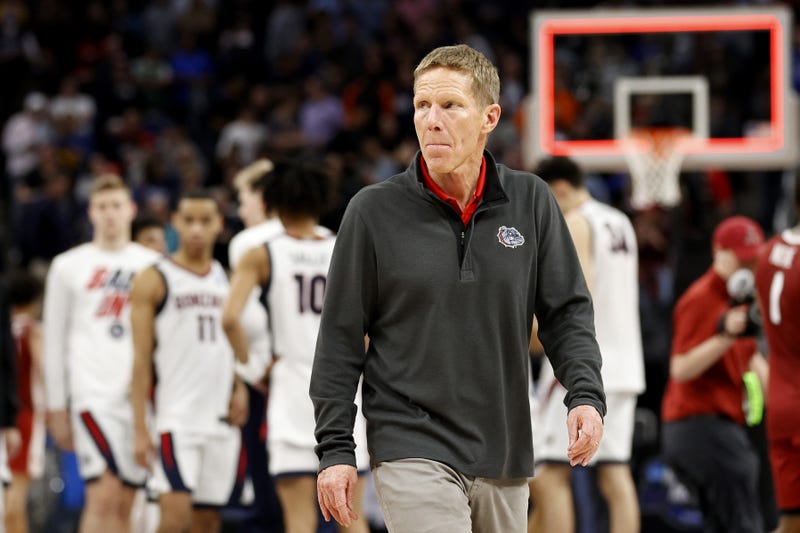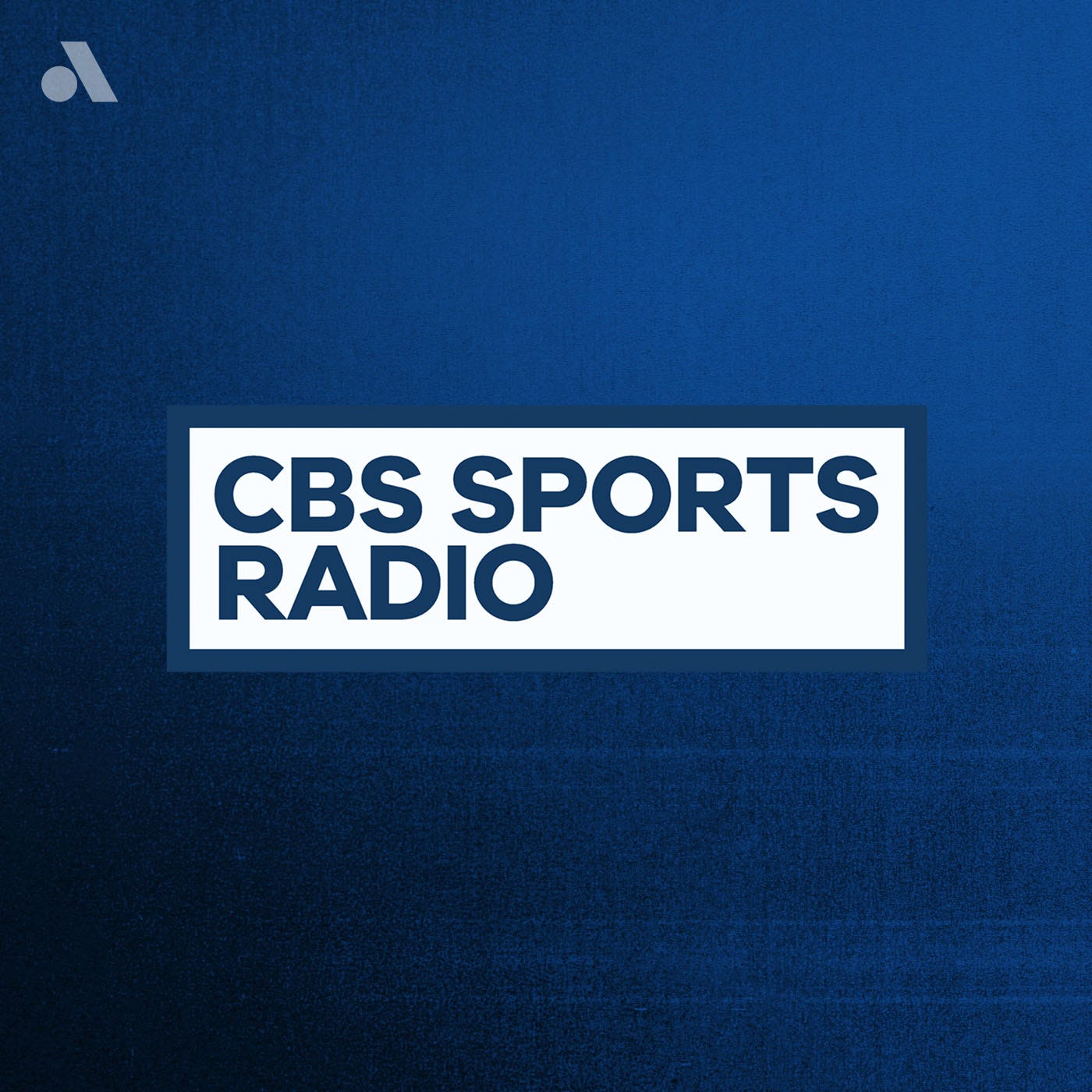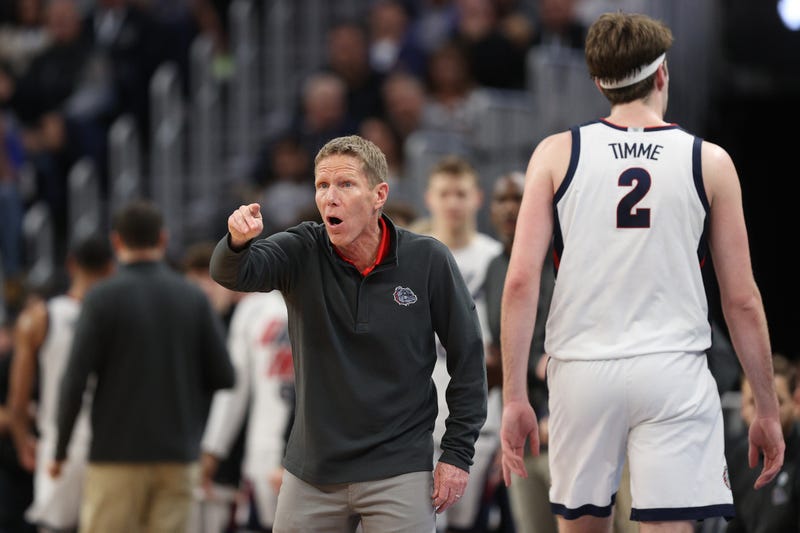
Elite coaches in any sport are expected to have some degree of success in the postseason. For Gonzaga coach Mark Few, his lack of accomplishments in March are a major flaw to what's been an otherwise historic run in Spokane. Now, in the later stages of his career, Few's failure to get over that hump has started to impact everyone's evaluation of the program.
In 24 seasons with the Bulldogs, Few has appeared in just two Final Fours. Although he has a higher winning percentage (.836) than hoops coaching legends Mike Krzyzewski (.766) and Jim Boeheim (.702), Few hasn't won a single national title. Krzyzewski's won five, and Boeheim has one trophy in the case. Krzyzewski and Boeheim have been coaching much longer than Few, but Gonzaga's struggles in March make it hard to compare him to the top head coaches in college basketball.

Kentucky coach John Calipari may actually be a better comparison for Few. Since 2009, Calipari has won six SEC conference championships, made four Final Fours, and celebrated one national title. So, really, there's no excuse for Few to have not broken through.
Winning the NCAA Tournament is no easy task. The difficulty in winning six straight games is the sole reason why we haven't seen a repeat champion since Florida -- led by Billy Donovan -- back in 2006-07. In fairness to Few, the Bulldogs have reached the national title game in both of their Final Four appearances. But they were outmatched by blue-blood North Carolina back in 2017 and embarrassed by Baylor last season.
What Few's been able to do with a mid-major program has been nothing short of remarkable. Teams from other conferences are much better positioned for success, in terms of on-campus resources and financial backing. The level of Gonzaga's success has been impressive because of how uncharacteristic it is for teams outside of the known Power Five to dominate on a national level -- especially in a sport that's been plagued by scandals and corruption.
But, after enjoying much success, the expectation bar is allowed to rise. As the powerhouse of the West Coast Conference (WCC), there has long been speculation that Gonzaga would try and bolt for the Pac-12 to try to increase visibility and credibility for their remarkable record. Maybe realignment isn't out of the question, but it clearly isn't the sole factor that determines their overall success. The WCC hasn't stopped Gonzaga from earning top seeds, but the cupcake competition and struggles in March have raised eyebrows about the program's ability to hang with the best.

While the Bulldogs have beaten many big-name programs in the tournament, realistically, they haven't shown enough on a consistent basis to justify their standing. Take this season, for example, when they were knocked out by a good, but not great, Arkansas team. Yes, the Razorbacks were the 4th-seed from the West Region in this year's bracket, and they did make the Sweet 16. The Razorbacks were also the fourth-best team in the SEC, behind Auburn, Tennessee, and Kentucky.
Arkansas undoubtedly overachieved behind solid play from JD Notae and Jaylin Williams, but they still weren't a top-three program in a crowded, top-heavy conference. Had Gonzaga played in a conference with comparable programs, it's hard to believe they would've enjoyed similar dominance.
Few has quickly become the governor of a small state with relatively high success in WCC land, but it's highly unlikely he'd be able to receive the same recognition if he annually competed against Calipari, Bruce Pearl, or Scott Barnes. Believing that each March is the year Gonzaga finally breaks through has become an annual tradition that never delivers the desired result.
Also concerning: the lack of success from Gonzaga players, in transitioning from the program to the pros. Adam Morrison was supposed to be the best thing since sliced bread when he was taken third overall ahead of Rudy Gay, Rajon Rondo, JJ Reddick, and PJ Tucker, in the 2006 NBA Draft. Kelly Olynyk has carved out a nice career for himself, but he's no superstar. Until proven otherwise, it's tough to think Drew Timme will be much better. The true top programs consistently prepare and send top-end talent to the league.
When dissecting the many layers and factors involved in Gonzaga's success, it becomes apparent that the program has become a big fish, dominating a small pond. Until they win that long-elusive championship and cut down the nets, they'll appear to be slamming down wide-open dunks, instead of being forced to hit contested three-balls.
Jack Stern is a columnist and an associate producer for CBS Sports Radio. You can follow him on Twitter @J_Stern97.
